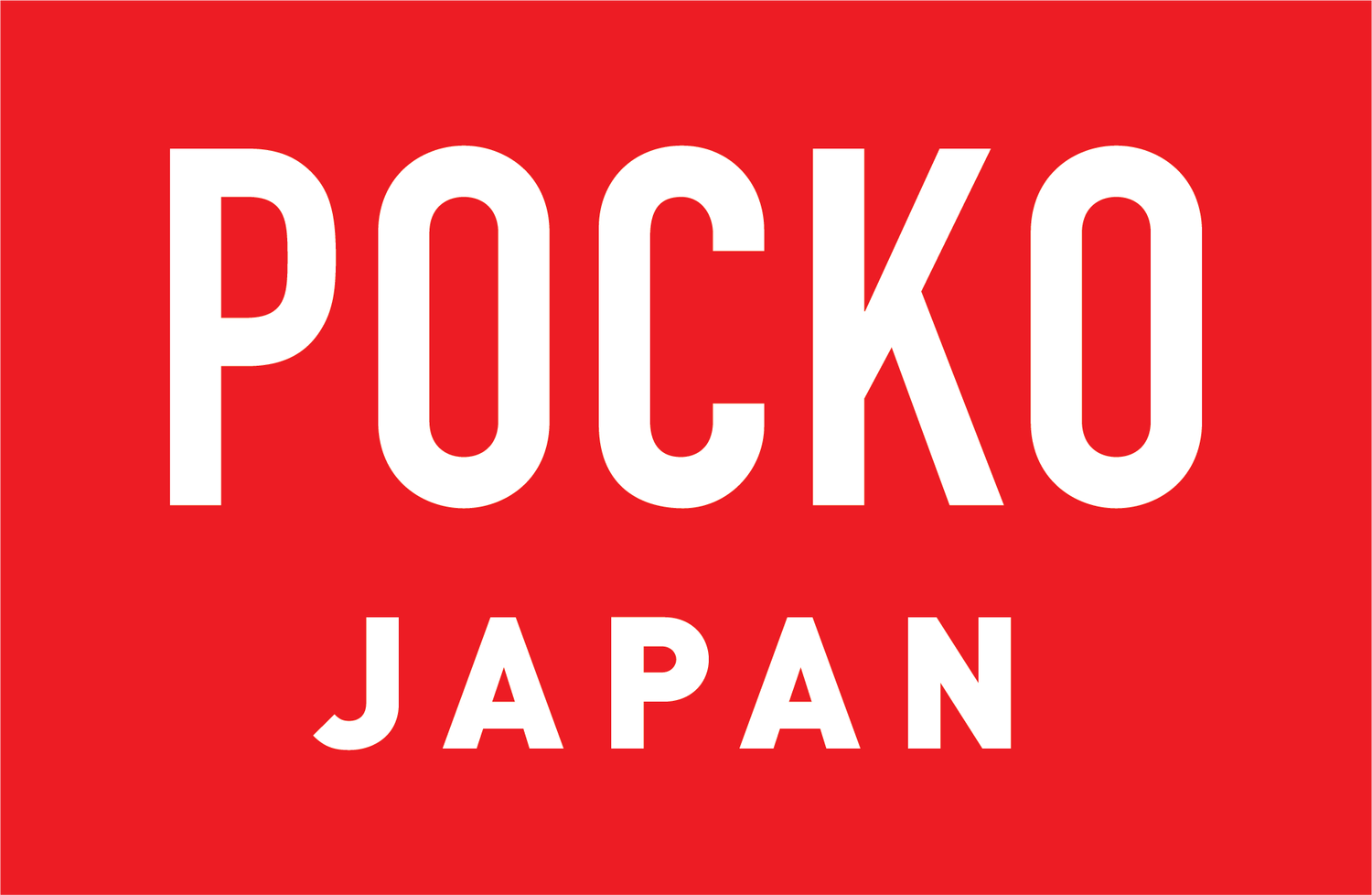YUKA FUJII – LIKE PLANETS
Pockoでは、藤井由香のフォトエッセイ「Like Planets」を10月3日から11月1日までPocko Galleryで開催する。
Like Planets」は2018年秋に出版され、全5章からなる本書は、当時のパートナーであったアーティストのデヴィッド・シルヴィアンとの、一見静かで親密な存在を記録している。ポピュラー音楽の世界からかけ離れた本書は、共に過ごした時間を綴った映像詩のように読める。
シルヴィアンは、ホテルの部屋、小さな村、墓地、田園風景、エキゾチックな風景、禁断の風景で描かれ、最終的にコンヤとイスタンブールの暗い部屋で、変化と優雅さのポイントに到達する。
本書『Like Planets』は、1980年代初期から後期にかけてのデヴィッドが、華やかなポップ・スターから引退したスピリチュアルな求道者へと急速に変化した時期を記録している。
Pocko presents ‘Like Planets’, a photographic essay by Yuka Fujii, 3th October until 1st November at Pocko Gallery.
‘Like Planets’ was published in the autumn of 2018, consisting of 5 chapters the book documents a seemingly quiet, intimate, existence in the company of her then partner, the artist, David Sylvian. Far from the world of popular music, the book reads like a visual poem of the time shared together.
Sylvian is depicted in hotel rooms, small villages, graveyards, landscapes rural, exotic, and forbidding, before finally reaching a point of change, of grace, in the darkened rooms of Konya and Istanbul.
The book ‘Like Planets’ documents a period in time, between the early to late 1980s, in which David changed, rather rapidly, from well documented glamorous pop star to retiring spiritual aspirant.

彼はもはやスポットライトの歪んだ実存的な眩しさの中にいることを望まず、その結果、創造的な生命の源であると信じるもの、すなわち内面から導き出される光を求めて、個人的な内面の旅に出たのである。
— Yuka Fujii
“He no longer wished to be in the distorting existential glare of the spotlight and consequently set out on a personal journey of the interior, in search of what he believed to be the source of creative life; being the light derived from within.”
— Yuka Fujii
彼はよく、無尽蔵のインスピレーションの井戸と呼んでいた。これは、彼が大人になって初めて与えられた休息であり、自分がどこから来たのか、自分にとって本当に大切なものは何なのかを考える機会であり、それまで受けていた多くの外部からの圧力なしに、自分自身の道徳的、倫理的ジレンマを自由に問う機会であったということができる。
— Yuka Fujii
“He’d often refer to it as the inexhaustible well of inspiration. You could quite reasonably argue that this was the first break he’d been afforded in adult life, an opportunity to reflect on where he’d come from and what truly mattered to him most, freely questioning his own moral and ethical dilemmas without the many external pressures to which he’d previously been subjected.”
— Yuka Fujii






